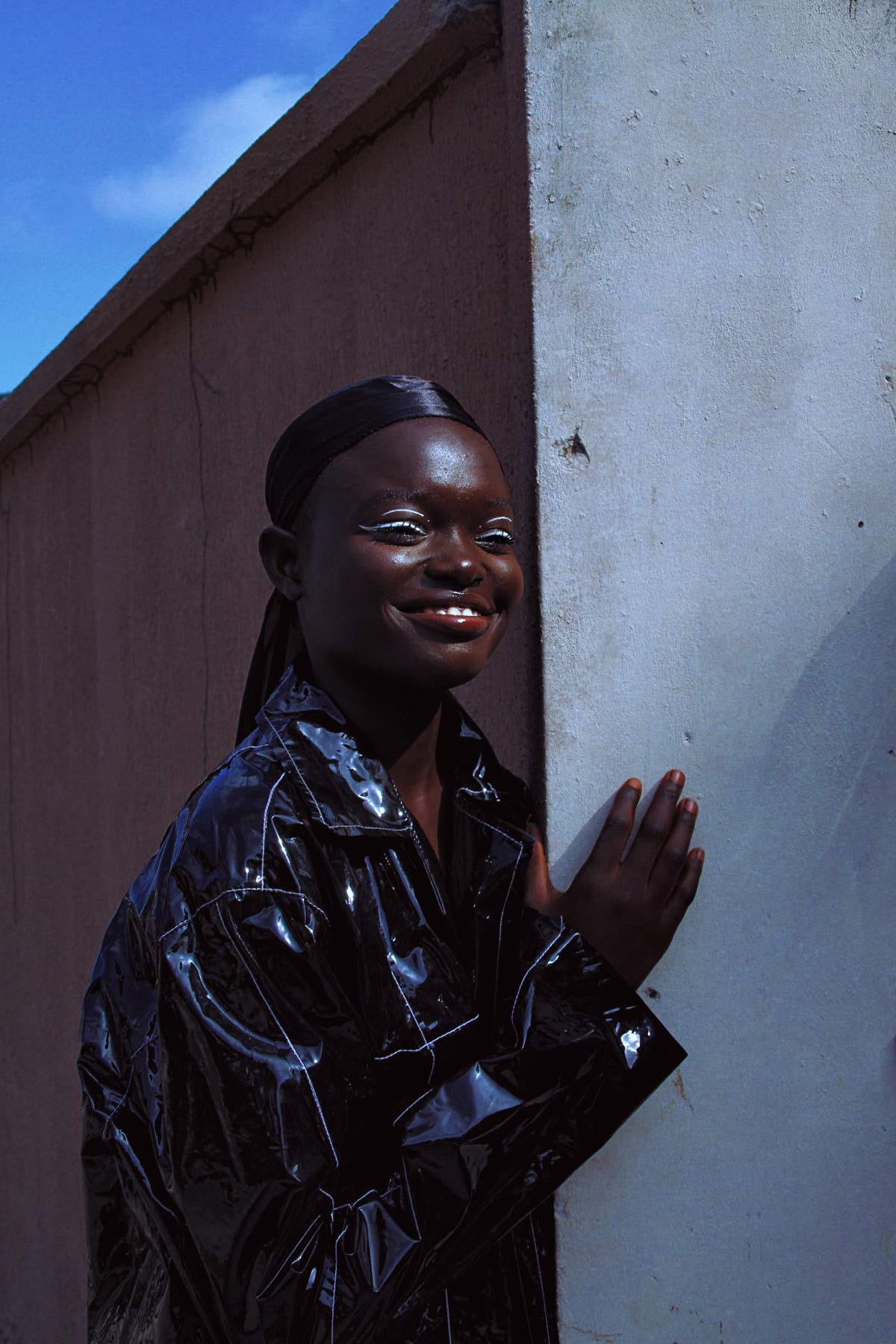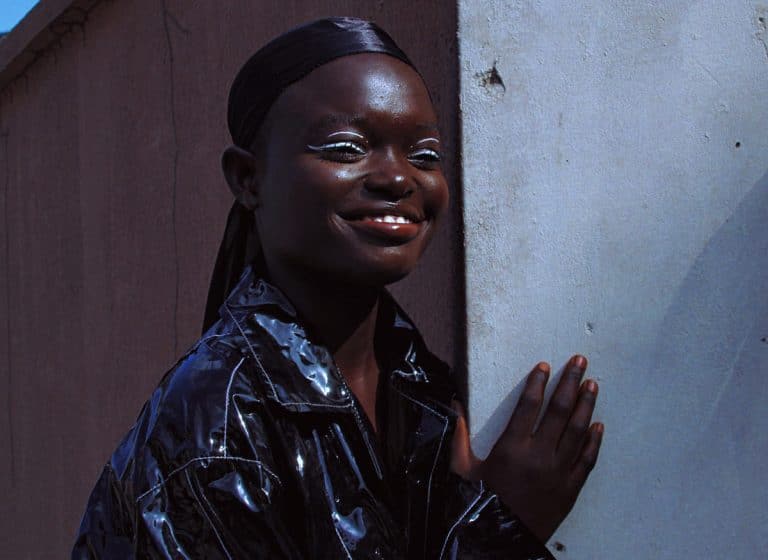Black women launch #ShareTheMic Instagram takeover for UK Black History Month 2020
Launching today, 1 October 2020, which is the first day of Black History Month in the UK, the #ShareTheMic campaign aims to magnify black women’s lives, stories and cultural contributions by taking over the Instagram accounts of 70 white women with large social media audiences. #ShareTheMic will reach a combined total of more than 175 million Instagram followers.
Today, and for one day only, black women including British author Bernardine Evaristo and television broadcaster June Sarpong will take over the Instagram accounts of Gwyneth Paltrow, Victoria Beckham and Kourtney Kardashian among others.
The movement was born from a desire to put women’s relationships ahead of the racial injustice witnessed in 2020 and to encourage all women to be a part of the solution. By sharing the stories and experiences of black women, the intention is to forge essential relationships and promote active anti-racism across many different industries.
After seeing how much of a success the #ShareTheMicNow campaign launched in June in the US was, Vanessa Kingori, publishing director at British Vogue and one of the campaigner’s organisers and Stephanie Phair, chief customer officer at Farfetch and chair of the British Fashion Council, wanted to recreate the same action of magnifying the stories of black women, this time in the UK.
Evaristo will helm the Instagram account of CNN’s chief international anchor Christiane Amanpour, while Emma Dabiri, author of Don’t Touch My Hair, will take over Gwyneth Paltrow’s account. Other pairings include Kingori with Kourtney Kardashian and entrepreneur Sharmadean Reid with makeup mogul Charlotte Tilbury.
Speaking to The Guardian, Kingori, who was British Vogue’s first female business lead and Condé Nast’s first and only black publisher, said she had never witnessed more meaningful, honest discussions about racial disparity as she has amid the challenges and tragedies of 2020.
“My relationships with so many friends and allies deepened this summer as we opened up and began truly discussing the black experience in the UK and worldwide,” she said. “Our aim is that this movement will bring some of these thoughts and reflections to a wider audience via the ultimate facilitators of change—women.”

We currently live in a society that doesn’t amplify black women’s voices. When black women speak up, they’re called into question. #ShareTheMic allows women to come together to share and celebrate each other’s work, and more specifically, to shed light on the lack of recognition that the work of black women receive. So, in order to properly celebrate the first day of the UK’s Black History Month 2020, grab your phone, open your Instagram app and follow the #ShareTheMic hashtag.






